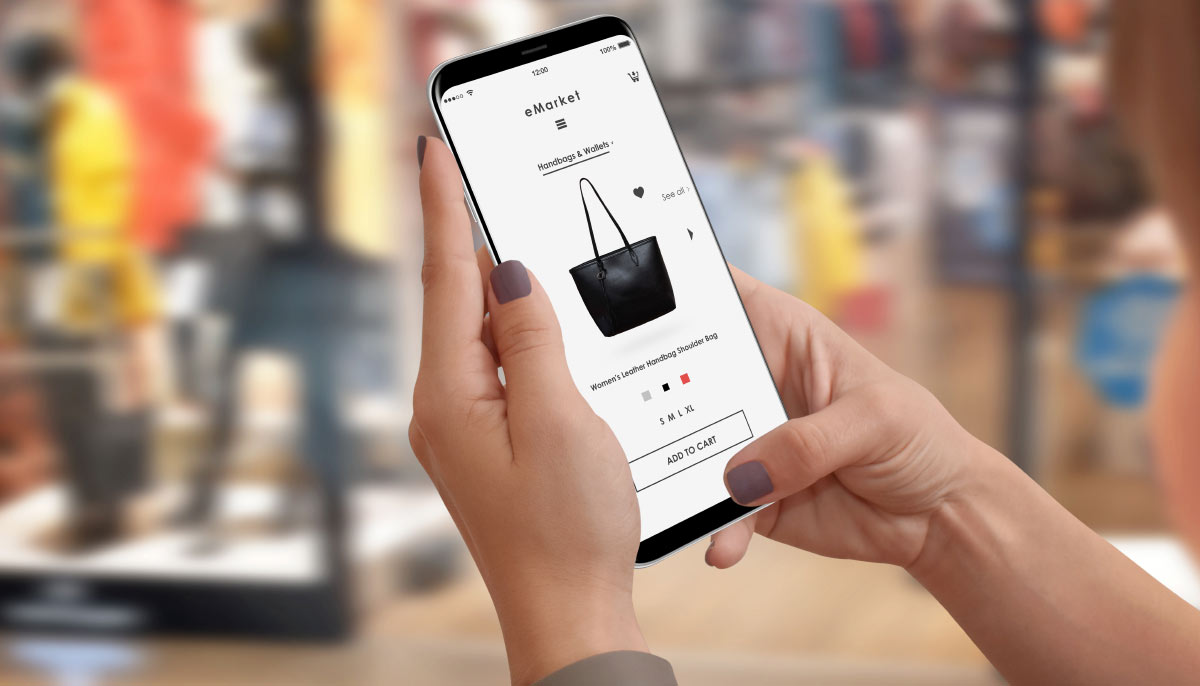
International eCommerce: Debunking Cross-border Myths
As brands seek to grow through international eCommerce expansion, there are common misconceptions that lead to over-simplification and over-complication of the cross-border strategy. We look at some of the myths surrounding cross-border eCommerce and discuss ways a proven BPO can help you establish a solid approach new markets.
As you seek to grow your brand, the many complications involved with entering new markets can be a daunting reality. While these complications are real and require attention to ensure your success, they should not deter you from moving forward with your international eCommerce expansion plans. With expert support via an outsourced cross-border operation, you have endless opportunities to expand your reach.
Know your market
It’s critical to keep the unique requirements and considerations of each region in mind when entering a new market. From currencies and payment methods to delivery and returns expectations, consumer expectations as well as regulatory requirements vary significantly across regions.
The European Union, for example, can prove especially challenging to retailers with its many sub-regions and vast cultural differences depending on where you are located and where your customers are located. With 27 countries and almost as many official languages (24), brands and retailers have their work cut out for them in seeking to localize across the region.
International eCommerce in Europe
There are several misconceptions when it comes to expanding operations into Europe. Regardless of your business size, understanding the uniqueness of the market and the challenges as well as the benefits to accessing so many consumers in one market will be invaluable to your success.
Debunking cross-border eCommerce myths about the EU
Myth: VAT complications can’t be avoided
There’s no way around it, duties and taxes are a major consideration when it comes to selling throughout the EU. However, the introduction of “one-stop-shop” (OSS), an optional VAT registration, has streamlined activities somewhat by allowing all VAT amounts to be remitted in only the country the retailer is VAT registered in once sales reach a certain threshold.
For brands and retailers without VAT registration, BPOs such as PFS offer merchant of record (MoR) services that simplify VAT processing. When you enlist a third-party MoR, your products are sold in the MoR’s name on your behalf, transparently to customers. The MoR essentially buys the product from your business at the time of the sale, immediately selling the product to the customer. Because the MoR holds the VAT and OSS registration, brands and retailers don’t have to worry about applying VAT rules for each country they ship to, even in countries where sales total less than 100€ for the year.
Myth: Next-day delivery requires costly air freight
As the cost of fuel continues to rise, and freight costs with it, keeping up with consumer demand for fast delivery has become extremely costly for brands. One way to mitigate the rising costs is to keep goods on the ground and avoid more expensive air freight charges. Location and proximity are key here, and in-region fulfillment is essential to your ability to support fast delivery demand cost effectively.
PFS offers clients in-region fulfillment from our strategically located DC in Liege, Belgium. Located just one hour from major local hubs, this DC enables brands to reach 90% of France and 86% of Germany next day via ground shipment.
Myth: All EU countries are the same
Not only do you have dozens of languages to contend with in the region, but consumer behavior and expectations across Europe vary significantly depending on where your customer is located.
For example, German customers do not like to use credit cards and instead expect to pay on invoice after delivery . French customers, though, are accustomed to standard credit card payment methods while Italian and Polish consumers expect to pay for their order using cash on delivery. The method of delivery also varies with drop off points being preferred over home delivery in some regions and vice versus in others.
Enlisting a provider who understands these nuances and offers a cross-border approach that inherently support the unique requirements of each region is key to ensuring a positive consumer experience and therefore a positive brand reputation across the region.
Myth: Brexit hurdles stand in the way of success
It’s been nearly three years since Brexit took effect. While the impacts of the United Kingdom’s withdrawal from the EU are still being revealed, the market has entered a “new normal.” Whether you are seeking international eCommerce expansion into Europe or the UK, new standard practices now ensure you can succeed in meeting the needs of consumers on the mainland as well as in the UK.
A proven approach to cross-border eCommerce
Are you looking to expand your reach to the EU? PFS offers a proven cross-border solution that has helped brands across verticals successfully grow their brand within the EU and elsewhere. Our latest eBook, International Expansion Simplified, takes a closer look at our strategic approach and offers additional insights on key strategies and technologies that can help you break down border barriers.


